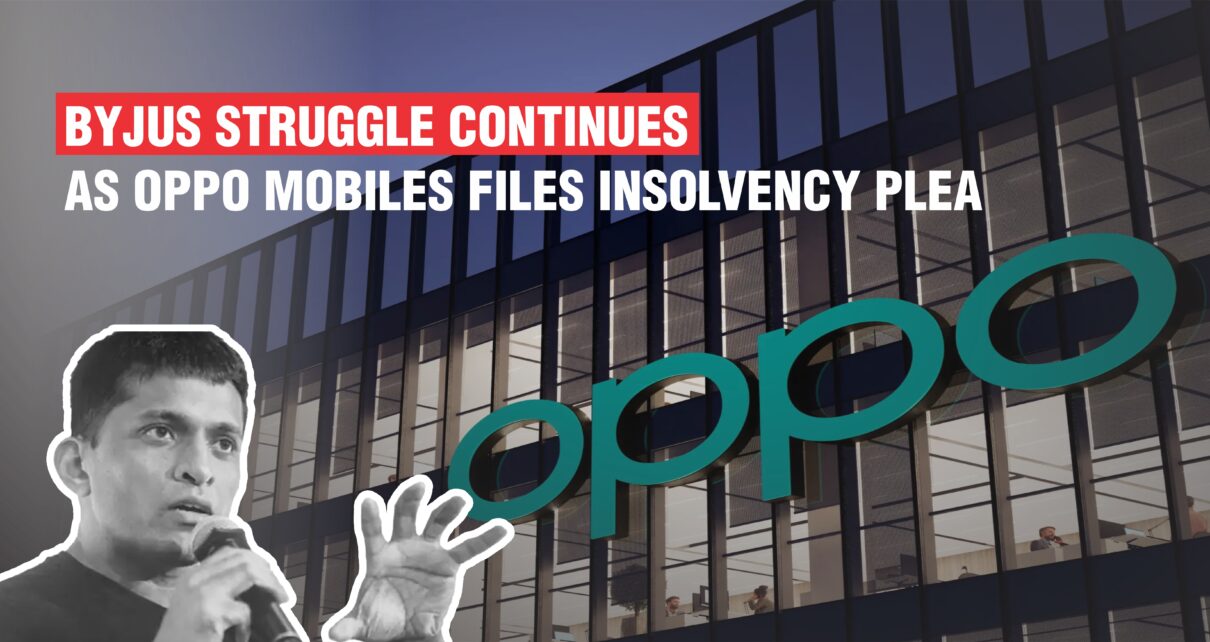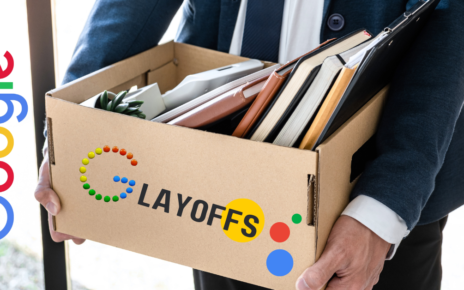India’s ed-tech giant, Byju’s, once a symbol of the country’s booming tech scene with a valuation of $22 billion, is facing a financial crisis. The latest blow came yesterday when OPPO Mobiles Pvt. Ltd., a leading Chinese smartphone manufacturer, filed an insolvency plea against Byju in the National Company Law Tribunal (NCLT) in Bengaluru.
The move by Oppo, though the specific amount owed remains undisclosed, adds to the growing list of entities seeking payments from Byju’s. The Board of Control for Cricket in India (BCCI) initiated the first insolvency petition in November 2023, alleging non-payment of Rs 158 crore. Since then, McGraw Hill, a global education company, has joined the chorus of creditors seeking to recover their dues through the NCLT.
The NCLT has reportedly issued a notice to Byju regarding OPPO’s petition, with the next hearing expected in the last week of May following the tribunal’s summer break. Byju’s has been granted two weeks to respond to the insolvency plea.
These developments come amidst mounting concerns about Byju’s financial health. The company’s aggressive acquisition strategy, particularly the high-profile purchase of WhiteHat Jr. for $1 billion in 2021, is believed to have left them with a significant debt burden. Recent internal restructuring efforts. including employee layoffs, have further fueled speculation about financial troubles.
Also Read: Byju’s Founder Byju Ravindran’s Networth Plunges To Zero.
While BYJU has yet to comment on the specifics of the insolvency petitions, sources within the company have confirmed the developments. There are, however, indications of ongoing settlement discussions with some other creditors, including Teleperformance Business Services, another company that filed an insolvency plea.
Industry experts believe that the string of insolvency petitions against Byju reflects a broader slowdown in the Indian ed-tech sector. The initial boom fueled by the pandemic-driven shift to online learning seems to be connecting, with companies facing increased competition and a slowdown in user growth.



